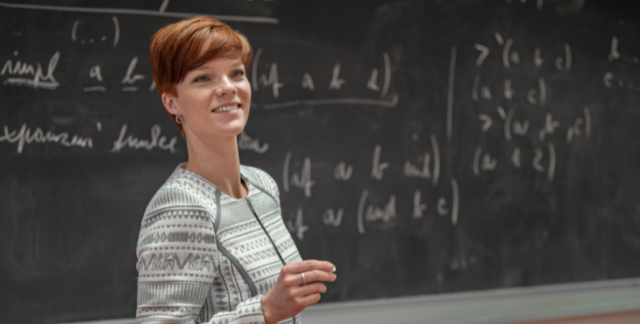Background
Mentoring and Guidance in Careers Workshops (MAGIC) were five-day-long residential training and networking events held at the Australian National University, initiated by Professors Mahananda Dasgupta (Physics – ANU) and Nalini Joshi (Mathematics – University of Sydney) as part of their ARC Georgina Sweet Fellowships.
The workshops were fully funded and open to female-identifying scientists within the first seven years of their career, in typically male-dominated fields like mathematics, physics and chemistry. Between 2017 and 2019, the workshops attracted about 35 participants each year.
MAGIC aimed to provide participants with resources to enable long-term career planning and overcome cultural or institutional challenges to forge a successful career. Experts from academia, government and industry contributed to panel discussions and exercises, and provided participants with individual assistance.
Most importantly, participants shared their successes and the challenges they faced in the early stages of their careers with peers and senior leaders from cognate disciplines. Feedback immediately following each MAGIC workshop showed that early-career scientists found MAGIC extraordinarily relevant and helpful – but did that withstand the test of time?
Methods
Towards the end of 2021, we interviewed 49 out of 106 participants, capturing comprehensive reflections on the perceived impact that MAGIC workshops had on participants’ lives in the two to four years that followed. In total, the semi-structured interviews took over 50 hours and generated nearly half a million words in transcripts.
Results
In this talk, we present the results of a preliminary thematic analysis, focusing on the perceived benefits of such a workshop format.
Conclusions
We highlight what aspects of MAGIC work to support early-career scientists in male-dominated fields and what areas need more focus to create more inclusive and equitable systems.
Aside from offering insight into effective mechanisms and inclusions for use in gender equity initiatives, we will also reflect on the challenges of assessing the effectiveness of MAGIC and other gender equity interventions and highlight the benefits of adopting a longitudinal approach such as ours.
References
McKinnon M (2020) ‘The absence of evidence of the effectiveness of Australian gender equity in STEM initiatives’, Australian Journal of Social Issues, 57(1):202–214.
Presenter
- Joanna Sikora, Australian National University
Co-author
- Merryn McKinnon, Australian National University


